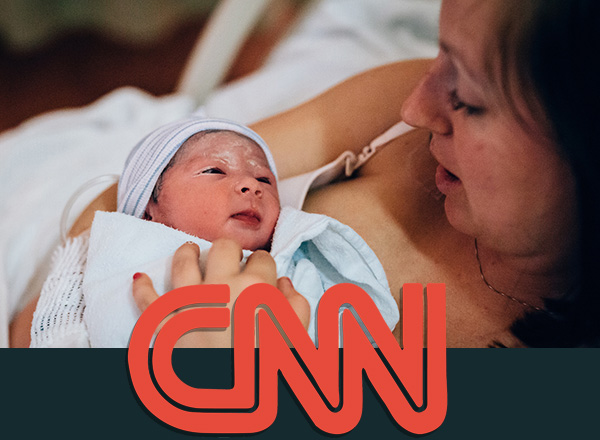Weight and Fertility

Being overweight reduces fertility
Your weight can either have a positive or negative effect on your fertility , whether you are a man or a woman. Here Dr. Thanos Paraschos, obstetrician-gynecologist, IVF specialist and Director of the EmBIO Assisted Reproduction Center, explains how the extra pounds affect male and female fertility.
Dr. Paraschos, what is the first basic information we need to know about the connection between weight and fertility?
Women who are closer to the ideal weight are more fertile. In contrast with women who are overweight or obese, but also those who are thinner than normal, have more difficulty to conceive. Women with average weight are more likely to become pregnant, either naturally or through IVF.
Obesity and being underweight have been proven to cause abnormalities during a woman's normal menstrual cycle, resulting in ovulation disorders, which in turn lead to infertility.
Can Weight Loss Improve Fertility?
According to research, overweight women who lost 10% of their weight, managed to have spontaneous ovulation. They also had a better response of the ovaries to hormonal drugs, which are given to induce ovulation during fertility treatment.
So yes, losing weight can help. As long as it is not done without the guidance of an expert. That is, a woman should not follow an unbalanced diet to lose a lot of weight. This is not good for her health, especially if her goal is a future pregnancy.
How does weight affect the success rates of an IVF?
A woman's weight is crucial even in the case of IVF. More specifically, a study has shown that there is a gradual and statistically significant deterioration in IVF results as the Body Mass Index increases. The same applies to women with lower than ideal weight, ie with a reduced body mass index.
It was also found that when BMI was between the normal ratio of 18-25, the success rates of IVF were highest.
Does Men's Obesity Affect Fertility?
Research shows that obesity can affect fertility in men as well. And in this case, the hormonal balance is disturbed by the additional kilos and fertility is reduced.
However for women, weight is the most important parameter, because their body must be in the best possible condition during pregnancy.
Weight is not the only factor in infertility
Certainly every couple trying to conceive should be close to their ideal weight. However, they must remember something very important. Nutritions and weight are not the only parameters that can affect fertility. What do I mean by this?
That, if a couple tries to conceive and fails within a year (or 6 months if the woman is over 35), she should not feel guilty about her being overweight.
There are many different reasons why a couple may be infertile. Therefore, if the pregnancy is delayed despite systematic efforts to conceive, the couple should consult a specialist in assisted reproduction and not wait to lose or gain weight to solve the problem. This is because the cause of infertility may eventually be completely different, which will require detailed investigation to suggest an appropriate treatment.
* Read more about infertility

